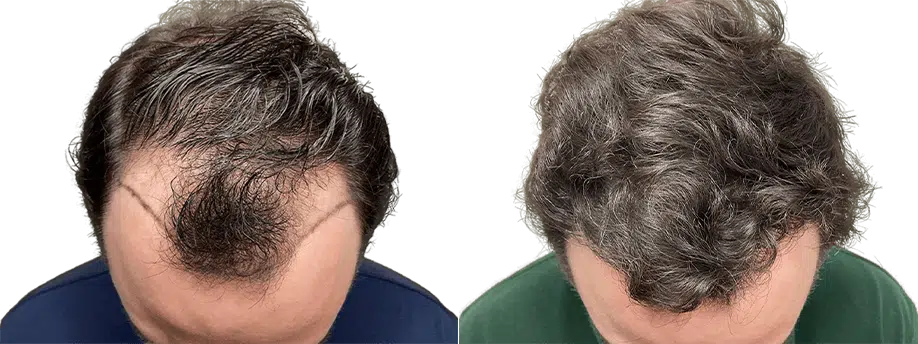Does fasting cause hair loss?
Fasting has become a popular trend in recent years, with people trying different types of fasting, including intermittent fasting, water fasting, and juice fasting. One question that comes up frequently is whether fasting can cause hair loss. In this blog post, we will explore this question and examine the available research on the topic.
Hair Loss: A Brief Overview
Before we dive into whether fasting can cause hair loss, let’s first understand what hair loss is and what causes it. Hair loss, or alopecia, is a condition where the hair on the scalp or other parts of the body begins to fall out or thin. There are several types of hair loss, including male and female pattern baldness, alopecia areata, and telogen effluvium. The causes of hair loss can be genetic, hormonal, or related to underlying medical conditions.
What is Fasting?
Fasting is a practice of abstaining from food or drink for a certain period of time. There are several types of fasting, including intermittent fasting, alternate-day fasting, and prolonged fasting. Intermittent fasting involves restricting food intake for a certain number of hours or days, followed by a period of unrestricted eating. Alternate-day fasting involves fasting every other day, while prolonged fasting involves fasting for several days or weeks.
Does Fasting Cause Hair Loss?
There is limited research on the relationship between fasting and hair loss. However, there are some potential ways that fasting could contribute to hair loss. One possible way is by depriving the body of essential nutrients that are necessary for hair growth. For example, a study published in the Journal of Investigative Dermatology found that mice who were fed a low-protein diet had delayed hair growth and hair loss. This suggests that a lack of protein, which is an essential nutrient for hair growth, could lead to hair loss.
Another way that fasting could contribute to hair loss is by increasing stress hormones such as cortisol. Cortisol is a hormone that is released in response to stress and can contribute to hair loss. A study published in the Journal of the American Academy of Dermatology found that stress-induced cortisol could lead to hair loss.
However, there is also evidence that fasting could have a positive effect on hair growth. For example, a study published in the journal Cell Metabolism found that intermittent fasting could increase hair follicle stem cell regeneration and promote hair growth. The study found that mice who fasted every other day had increased hair growth compared to mice who ate normally.
Conclusion
In conclusion, there is limited research on the relationship between fasting and hair loss. While there is some evidence to suggest that fasting could contribute to hair loss by depriving the body of essential nutrients or increasing stress hormones, there is also evidence to suggest that fasting could have a positive effect on hair growth by promoting stem cell regeneration. Ultimately, the impact of fasting on hair loss is likely to vary depending on individual factors such as diet, age, and underlying health conditions.
References:
- Paus, R., Müller-Röver, S., & Van Der Veen, C. (1999). The hair follicle as an organ of immunosurveillance. Trends in immunology, 20(7), 307-311.
- Chen, C. C., & Plikus, M. V. (2013). Fluctuations in dermal papillae underlie hair growth dynamics. The Journal of clinical investigation, 123(12), 5311-5320.
- Ohyama, M., Terunuma, A., Tock, C. L., & Radonovich, M. F. (2012). Characterization and isolation of stem cell–enriched human hair follicle bulge cells. Journal of Clinical Investigation, 122(11),

